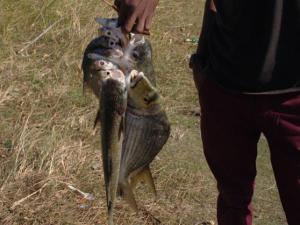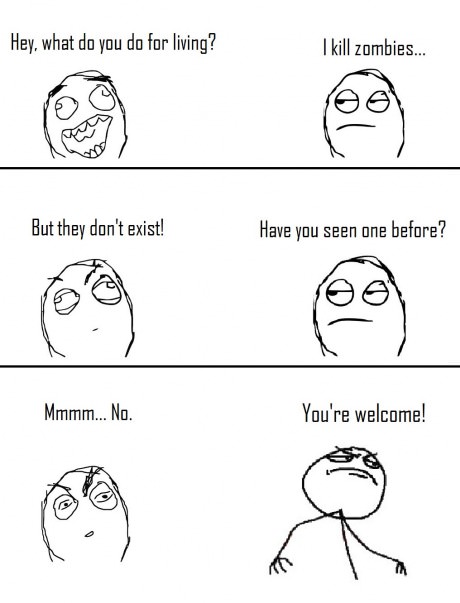Panic attack.
This isn’t fear. But fear lives there. Somewhere.
As my possessions walked out the door, the panic attack rolled in fast. My knees started shaking, my vision tunnelled and my heart pounded. This was quickly followed by waves of nausea and what felt like the beginnings of a migraine.
I’d made up my mind months prior that I was going to get rid of all my material possessions so that I could free myself to travel and write. It wasn’t an impulsive decision. It was the culmination of years of thinking about possessions and what they meant to me. In short, I realised that I didn’t have a direct relationship with my possessions . Rather the relationship is by proxy – mediated by the lump of fat that houses the complex electro-chemistry called my brain.
What lives outside my brain is a totem – a symbol of my connection to that thing. The physical isn’t terribly important to me, and I don’t need it to trigger a memory or a thought. A photograph stored somewhere on the internet would do just as well. Actually – I didn’t even need that. All I needed to do was to recall the memory directly.
In terms of assets, the kind of jewellery and art I have aren’t investment items. Even if they were, they’d take significant effort to secure, and then I wouldn’t want them anyway – owning physical assets means taking responsibility for securing, housing and looking after them. That takes effort, money and space. More so, physical assets exist at a cost to one’s freedom. You can’t just take off and leave your Kentridge on the side of the road hoping it will still be there when you get back.
But what of mixers, shredders, washing machines, coffee machines and tumble dryers? They are great conveniences for a certain life stage – when you’re bringing up children and have to juggle time. But beyond that, they merely depreciate. And my real-life experience is that people have far more of these than they need. I certainly did. When I started giving my goods away I found meat grinders and electric orange juicers I’d hardly touched.
These things were mostly packed out of sight, and out of mind. Stored away because they may be useful someday. When it came down to it, that which had the most value was the sentimental. My deceased father’s passport. A scarf that once belonged to his mother – my gran. A simple gold band – an heirloom wedding ring. A doodle my son had etched on one of my notebooks – an expression of how he felt about our love, and relationship, at the time.
What was most important could be packed in the pocket of a backpack.
The rest was the shackles of suburbia. That which we accrue for trading freedom for stability, in order to nurture and grow that which we love most in the world – our children.
But my son had flown the coop. He’d grabbed his freedom with both strong arms and fired me from my occupation as an over-mothering mother. More so, he’d begged me to leave and ‘get a life’ so that he could get on with his.
It was a rite of passage. The dénouement I knew was coming. As a mother I’d long realised that loving a son meant letting go more than hanging on. His independence meant cleaving the last threads of the umbilical I was hanging on to, which he did deftly, and certainly.
There I stood. More than a year after he’d reclaimed his life, starting to reclaim my own. I was wrestling freedom back from two decades of responsibility, but why was I experiencing a panic attack?
Why not?
My mind and body were processing physical trauma. [Letting go of your home and material possessions surely ranks right up there with death and divorce on the stress scale.]
I knew what this was. It was a panic attack. It was an appropriate physical response to the environmental stress I had elected to go through. It would pass in time. Which it did.
After it had left me I understood that the anxiety and fragmentation I felt—for a short space of time—was my body’s way of processing a significant life change. I was cashing in comfort and certainty for the freedom of an open road, and there could be a few bumps along the way.
The epiphany?
The more adaptable I become, the more I could enhance my enjoyment of my newfound freedom.
Read more:
How to deal with panic attacks at WikiHow.
The gradual epiphany – I am a nomad – via OpenlyCurious.co


